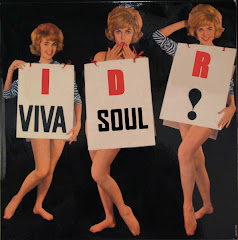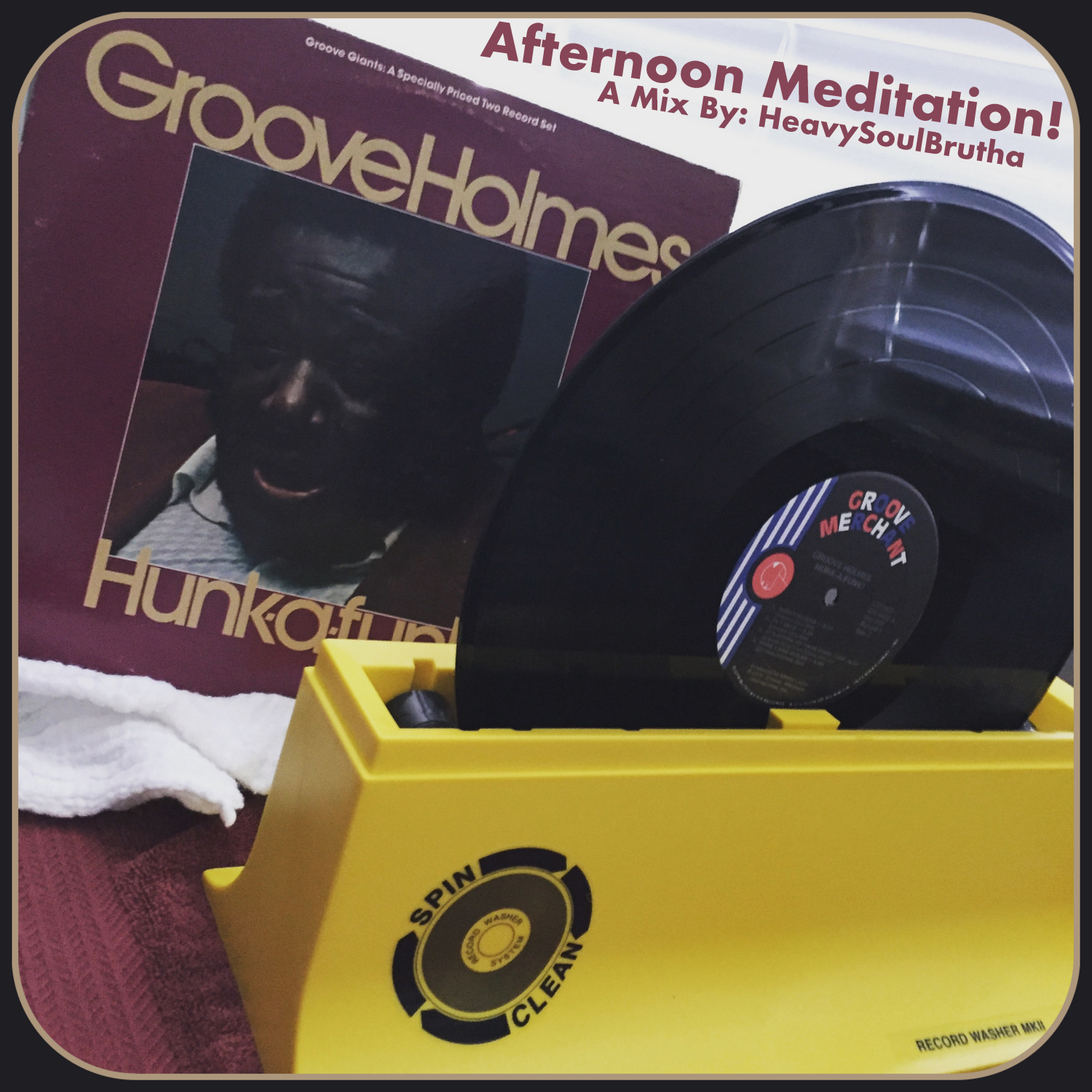Tuesday, August 04, 2009
Billy McGregor
I first posted about Billy McGregor back in 2006 and had a few people drop by and share their memories of Billy which was great. But now, I am very pleased to say that Billy has been interviewed by Bob from Sitting In The Park:
Hi. Yesterday on my radio show I interviewed members of the South Side Chicago soul group the Antennas. Members of the Antennas sang in various gospel groups throughout the 50s. The Antennas formed in the Stateway Gardens homes at 35th and State Street; the group initially formed as the Antennas in 1960 when Billy McGregor, his two brothers, and Robert Bailey decided to form a secular, pop group to try to perform professionally. By 1962, the lineup had finalized to Robert Bailey, Jerry Royal, Billy McGregor, and George McGregor (Billy's brother, who was not related to the Detroit George McGregor, who is Billy's Cousin).
In 1962, Billy Williams came to Stateway Gardens to audition artists to take with him to perform in a revue in Las Vegas. Billy took the Squires as well as Shirley Shelton (as an Etta James-styled solo artist) with him for a 3-month nightclub booking. In Las Vegas, Shirley ended up making friends with and joining the group.
When they returned to Chicago, the Antennas went to different recording companies and endeded up signing with Don Clay's "Clay" record label. They released "Fuji-yama Mama" / "Be yourself" in late 1962. The A-side was a novelty record actually inspired by Robert Bailey's experience with a girlfriend he had while stationed in Japan during the Korean war. The record got some play in Chicago. The flip side was an excellent early soul track, led by Shirley, probably ahead of its time in sound.
The Antennas then signed to Don Clay and Ric Williams' Boss record label. The label had previously recorded a group called the Squires and, owning the name, had the Antennas change their name to the Squires, with the idea that they would have a more fashionable stage look, with canes, top hats, etc. The group backed Perk Lee Moses (previously of the El Doradoes) on his solo record "The Docks" / "Peanut Butter", which was released on Boss and also picked up by USA records. At Boss records, Billy McGregor also wrote the track "One Dance" for Ric Lee, which was later recorded by the Creations and by the Classics.
The group then moved to Constellation records and released the excellent double-sider "Drip drop" / "I'm in a need" in 1963. "Drip drop" had an excellent soul sound while "I'm in a need" had more of a throwback, Etta James-inspired doowop sound. Although both tracks received much radio play, the record was not distributed to stores and fans were unable to purchase it. Due to frustration over the record, their management, and their lack of the success, the group broke up.
Throughout the '60s Billy McGregor tried to focus on songwriting for other artists but was generally unable to get tracks placed. In the late '60s, McGregor wrote a track for Don Clay called "Mrs. Shy" that was intended for Ruby Andrews. Clay liked McGregor's demo of the song better than Andrews' performance and had McGregor record the song himself. "Mr. Shy", released on the Flash label, became a big hit for McGregor in the Midwest. McGregor toured the Chitlin circuit based on the song. A followup on the Flash label, a cover of a Charlie Rich song "She's a yum yum", received little play.
McGregor then began working as a writer for Sunny Sawyer's Palos label. McGregor released his excellent cut "We've been in love much too long" (including backing by original Squire Robert Bailey) on Palos, which received some radio play. His next release, "Thank your mother and father" and "We can come over with love" was a duet with Palos artist Doris Young, released on the USA label. It did not get much play. McGregor's final record, "It's my turn now", was an excellent ballad, also featuring backing by Robert Bailey. The record was McGregor's second biggest hit, receiving more radio play in the Midwest and getting McGregor more night club work. McGregor's brother George also released an excellent record "Temptation is hard to fight" (backed by the local girl group the Bronzettes) on the Twilight label, backed with a duet with his brother Billy.
In the early 70s, McGregor did some writing for Bill Meeks' Alteen record label (writing a track for Robert Taylor and arranging records for Drake and the Ensolids) and performed in local Blues bands in the 80s and 90s.
Subscribe to:
Post Comments (Atom)





















prauls.jpg)
























No comments:
Post a Comment